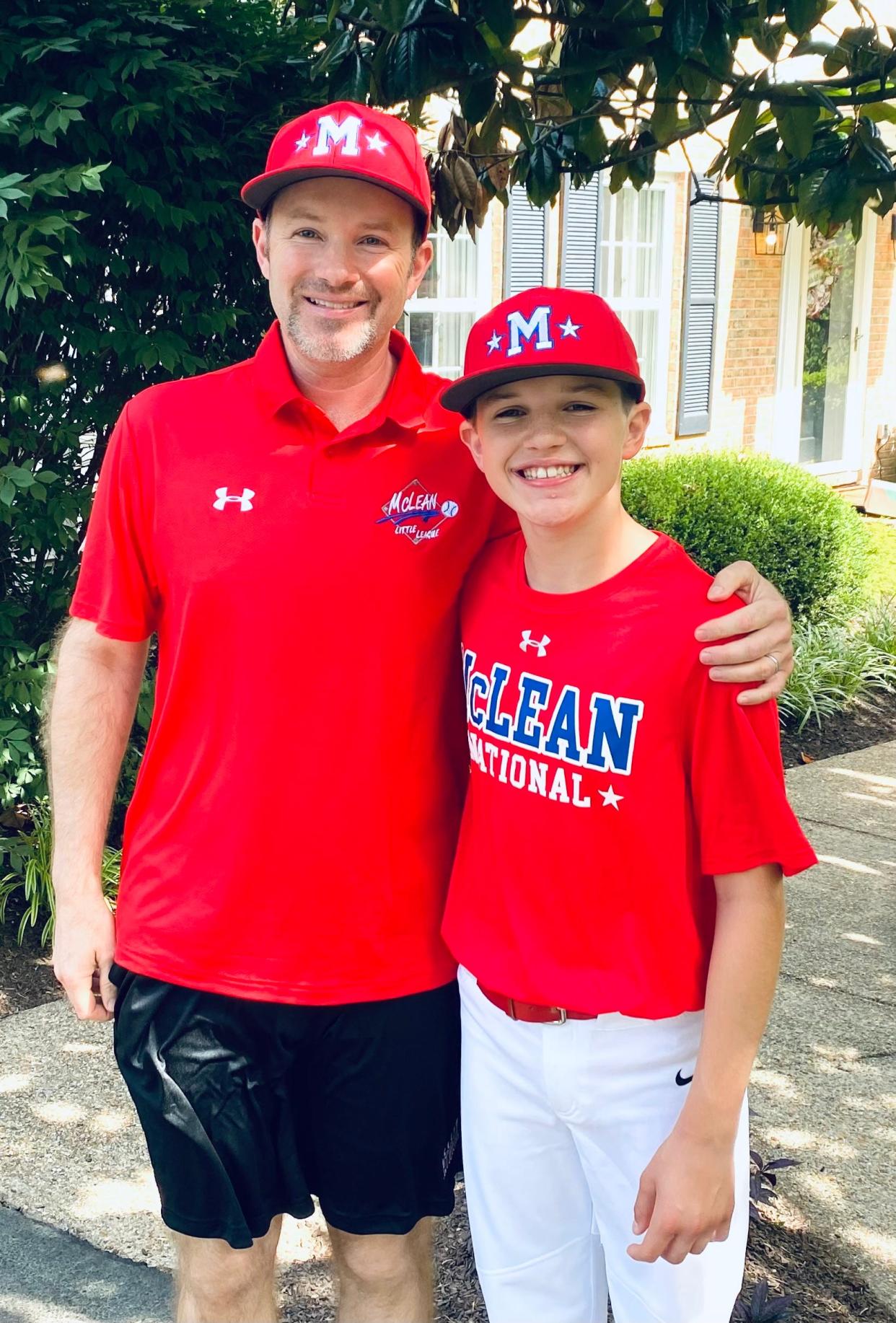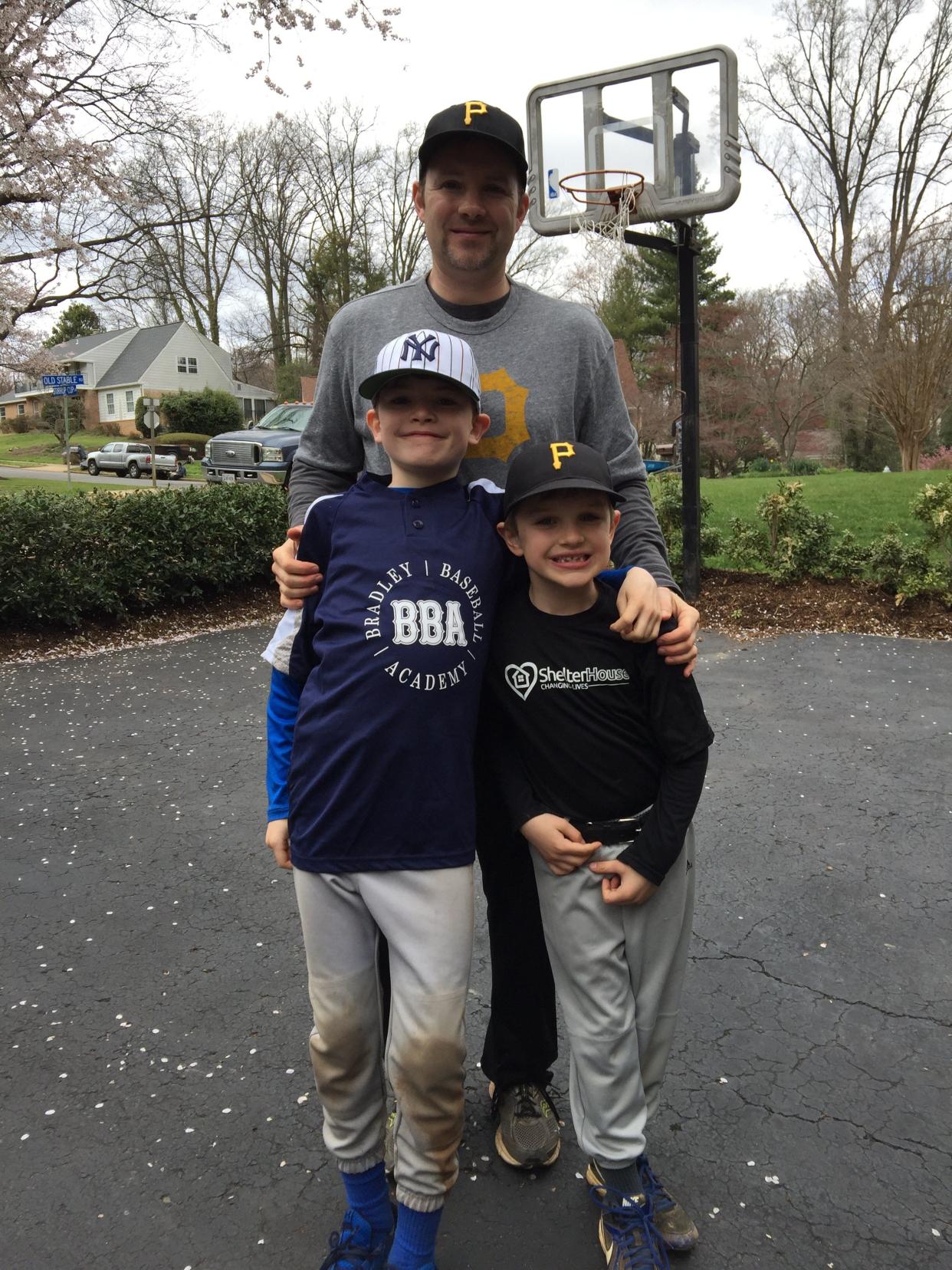How to deal with favoritism and nepotism in youth sports: 3 tips from our experts
Dear Coach Steve,
My daughter has been playing softball for several years, with this being her last year in 8U before moving on to a more challenging and complex 10U. She is probably in the top 10% in the local 8U association. She hasn't always played at this level. In fact, up until last season she was always in the bottom 10% far as talent goes. But from the 2021 season to the 2022 season something happened – it’s as if a switch inside of her was flipped she improved drastically between seasons. Kamryn played lights out last year and made the All-Stars, although she still had lots to learn and improve on. Now it's the end of the season, All-Star selection time, something she's been waiting for. And we were informed she didn't make it but our coach’s daughter, who is 4th or 5th on our team, did make it. Her dad is also this year’s newly elected president of the league.
I'm not upset that Kamryn didn't make it, as long as the ones who did actually deserved it based on play and sportsmanship. The part that bothers me is if she finds out and knows that some made it because of who their parents are, that she loses her drive and motivation to improve her skills to get better because it doesn't pay off like I've always told her it does. I tell her if you want something you work for it or if you want to get better at something you have to practice it, which is not the case in this matter. What are your thoughts?
Thanks, Steven
Life (and often youth sports) isn't fair, but you can always benefit from the experiences
Dear Steven,
All-Star season can be one of the most exciting periods for Little Leaguers. It can also be one of the most crushing.
Players who make the select All-Star squads for their Little Leagues have a chance to compete for a state championship in different age categories. If they are 12-year-olds, they have a chance to make it all the way to the Little World Series. However, strong players are passed over for these teams every year, sometimes when they don’t even deserve to be passed over.
“It’s an unfortunate reality that, in some cases, favoritism does exist when it comes to tournament team selection,” Dan Velte, senior operations executive of Little League International, told USA TODAY Sports, “and I would say not just in Little League, but any youth sports.”
From my own coaching experience, favoritism — which often takes the form of outright nepotism by a parent coach — is the ugly underbelly to all of the positive life lessons youth sports provide. Rewarding a child solely because of your fondness for or family association with him or her undercuts all of those lessons and leaves a child with one in particular: Life isn’t fair.
Still, if your suspicion is true, there are steps you can take on Kamryn’s behalf. More importantly, there are positives you can find from this situation that could ultimately strengthen your daughter’s resolve for softball or whatever endeavor she pursues.
Have a question for Coach Steve that you want answered in a future column? Email him! sborelli@usatoday.com
1. Strong and direct communication. Transparency is crucial
The subject of All-Star selections can be an elephant in the room for players, coaches and parents all season. It doesn’t have to be.
If you’re a coach, coordinate with league officials on a clear selection process ahead of the regular season. Before the season starts, share details with all of the families in the league about how the All-Star selection process will be conducted.
"Local league officials, they do have a responsibility, if a parent has a question, to talk them through that," Velte says. "And as long as they’re consistent with their process — 'before the season, this is what we told you this is what we’re going to do' — then parents are gonna have to accept the roster that the team has selected."
Little League offers suggested steps for how to choose these tournament teams. Velte, who has worked for Little League International for 22 years and is a Little League dad himself, has found the best selection method is to let players throughout the Little League select the balance of the team.

“Every kid has that dream of making it to the World Series ... and they know who the best players are in the league," he says, "and the kids are gonna select the best players because they want to make it to the World Series. And so we always will recommend to local leagues that they select the team, then have the coaches fill in some spots.”
You can use this line of thinking with Kamryn’s situation. Regardless of his method for selecting his All-Star team, was this coach transparent about how he selected it? Did he let players throughout the league vote on the team? If he has nothing to hide, he should give you a reasonable explanation for your daughter’s omission.
Document what he tells you about his selection process. If you don’t get a satisfactory answer, take what he tells you to your district administrator. This step will at least pave the way for a fairer process next season.
2. Focus on the season-long experience, not just what happened at the end
Sometimes the experience itself is the teacher. But don't take my word for it. Listen to Greg Olsen, Pro Bowl tight end, lead analyst for NFL games on Fox and father to a fourth-grade basketball player.
Despite his career status, Olsen admitted he's not an expert on sports parenting and youth sports. So, he started Youth Inc Podcast as a teaching tool for himself and others on the precarious subject.
“I’ve made a lot of mistakes,” he told USA TODAY Sports. “I don’t pretend to have all the answers.”
Over the winter, Olsen helped coach his daughter’s basketball team. The team didn’t win a game and yet, at the end of the school year, when his daughter and her classmates were asked to paint a picture of their most memorable moment of fourth grade, three girls (including his daughter) painted themselves after a basketball game with the team.
“There were games we didn’t score a point, and here they are, they’re like, ‘We can’t wait to do it again,’ ” Olsen says. “So like that was really cool.”
The required Diamond Leader training that Little League tournament coaches go through doesn't emphasize winning or competing at the All-Star level. Instead, the program focuses on the social an emotional aspect of sports, such as building confidence, working as a team and learning from failure.
Talk to Kamryn about her season as a whole and what she remembers about it, especially the moments she shared with teammates in victory and defeat. These core lessons are what youth sports are supposed to be about.
Then think about a moment in life where you didn’t get something you thought you earned, and share the story with your daughter. Ask her about what she has learned about her All-Star experiences. You can even use it as motivation for her.
3. Learn from the moment, and then let it roll off your back
“Your role as a volunteer Little League coach is more important than you may realize,” ESPN personality Jessica Mendoza, a two-time Olympic softball medalist and Little League mom says in the Diamond Leader training video for coaches. “It goes far beyond the actions that happen on the field. The influence that you have as a role model in the young lives of these children will be one that will impact their lives for years to come.”
Little League admittedly leans heavily on its local volunteers. It’s not a perfect system, as some of those volunteers want only what’s best for their kids. But when you don’t truly earn your place on a team, where is the life lesson? Being left off can prove much more profound.
When I coached my son's basketball team in a fourth grade rec league, I didn’t select him for the league's All-Star team because we had players more deserving than him. He pouted at the time but is now playing competitive basketball as a seventh grader. My older son was never invited to play Little League All-Stars. He pouted at the time, but he is now playing on his high school baseball team.
Kamryn has so much in front of her. It sounds like she is a strong player and has every reason to keep working to get better.
By emerging from this situation, perhaps she has even taken the first step toward separating herself from the pack in the future.
Steve Borelli, aka Coach Steve, has been an editor and writer with USA TODAY since 1999. He spent 10 years coaching his two sons’ baseball and basketball teams. He and his wife, Colleen, are now loving life as sports parents for a high schooler and middle schooler.

This article originally appeared on USA TODAY: Nepotism, playing favorites happens in youth sports. Here's what to do
